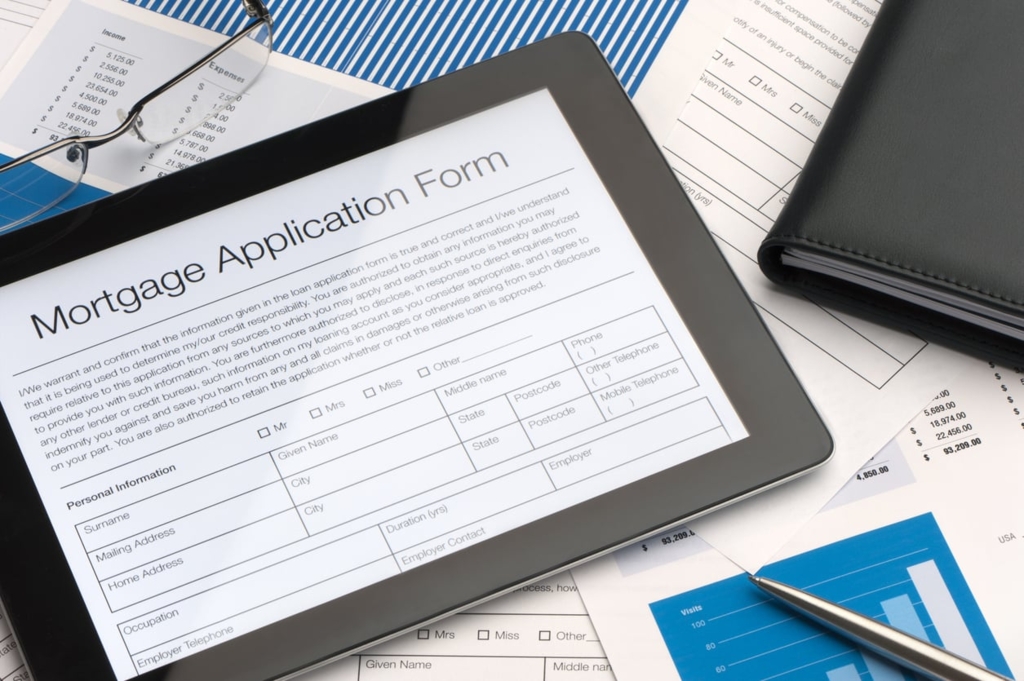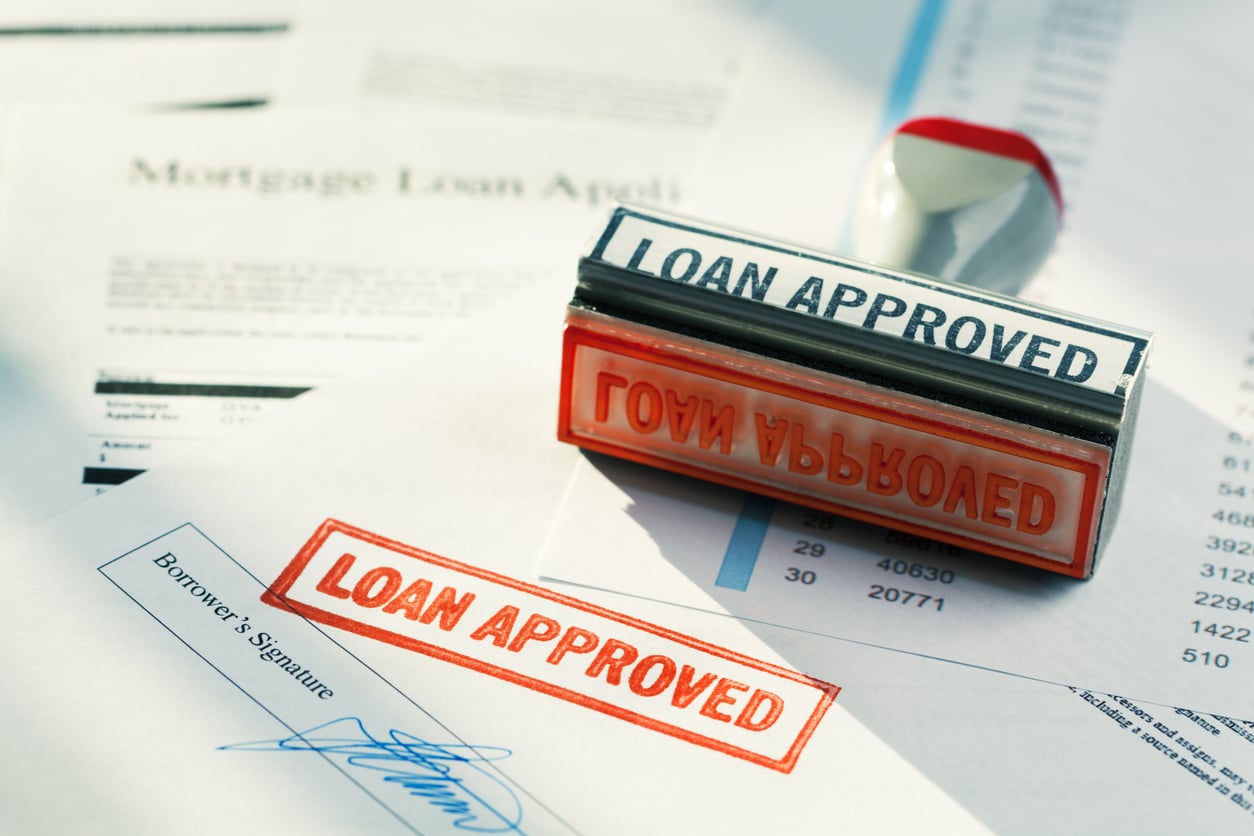How To Choose The Right Mortgage Term: 15-year vs. 30-year

The length of your loan is one of the most crucial choices you'll need to make when selecting a mortgage. The two most popular mortgage periods are 15 and 30 year loans, and each offers advantages and disadvantages.
Let's start by defining a mortgage phrase. The mortgage term, which commonly spans from 15 to 30 years, is the period of time over which you commit to repay your loan. A 30-year mortgage requires repayment over 30 years, whereas a 15-year mortgage requires repayment over 15 years.
The amount of interest you'll pay over the course of the loan is the main distinction between a 15-year and 30-year mortgage. You will pay less interest overall if you choose a 15-year mortgage due to the shorter period of the loan. Consider taking out a $200,000 loan with a 3% interest rate for a 15-year mortgage. The interest on the loan will cost you around $26,000 throughout its term. However, you would spend nearly $78,000 in interest if you took out a 30-year mortgage at the same interest rate.
The monthly payment is another significant distinction between 15-year and 30-year mortgages. Your monthly payments will be greater than they would be with a 30-year mortgage because a 15-year mortgage has a shorter term. This is because you'll pay off the loan sooner, which means that more of each monthly payment—rather than simply interest—will be applied to the principal (the amount you borrowed).
Which option is best for you, then? Your financial status and your ambitions will determine what to do. The following are some things to take into account when deciding between a 15-year and 30-year mortgage:
Your budget: A 15-year mortgage will have larger monthly payments than a 30-year mortgage, as was already indicated. A 30-year mortgage can be a better option if you have a restricted budget and can't afford higher monthly payments. A 15-year mortgage, on the other hand, would be the best option if you can afford higher monthly payments and want to save money on interest over the course of the loan.
Your financial goals: A 15-year mortgage can assist you in reaching one of your financial objectives, which might be to fast increase your home's equity. You'll accrue equity more quickly than you would with a 30-year mortgage because you'll be paying down the loan in a shorter period of time. A 30-year mortgage, on the other hand, can be a better option if your objective is to have lower monthly payments and more flexibility with your budget.
Your rate of interest Another factor in your choice may be the interest rate on your mortgage. It can make sense to choose a 15-year mortgage if you can get one with a lower interest rate. This is because, despite having greater monthly payments, you will save money on interest throughout the course of the loan. However, if you can only get a 15-year mortgage with a higher interest rate, a 30-year mortgage with a lower rate would be a better option.
Your capacity for debt: You should also take your financial flexibility into account. Although your monthly payments may be greater with a 15-year mortgage, your loan will be paid off sooner. This can be advantageous if you're sure you can afford the larger installments, but it can also work against you if your financial status changes and you find yourself unable to make the required payments. Because your monthly payments are lower with a 30-year mortgage, you have more freedom.

